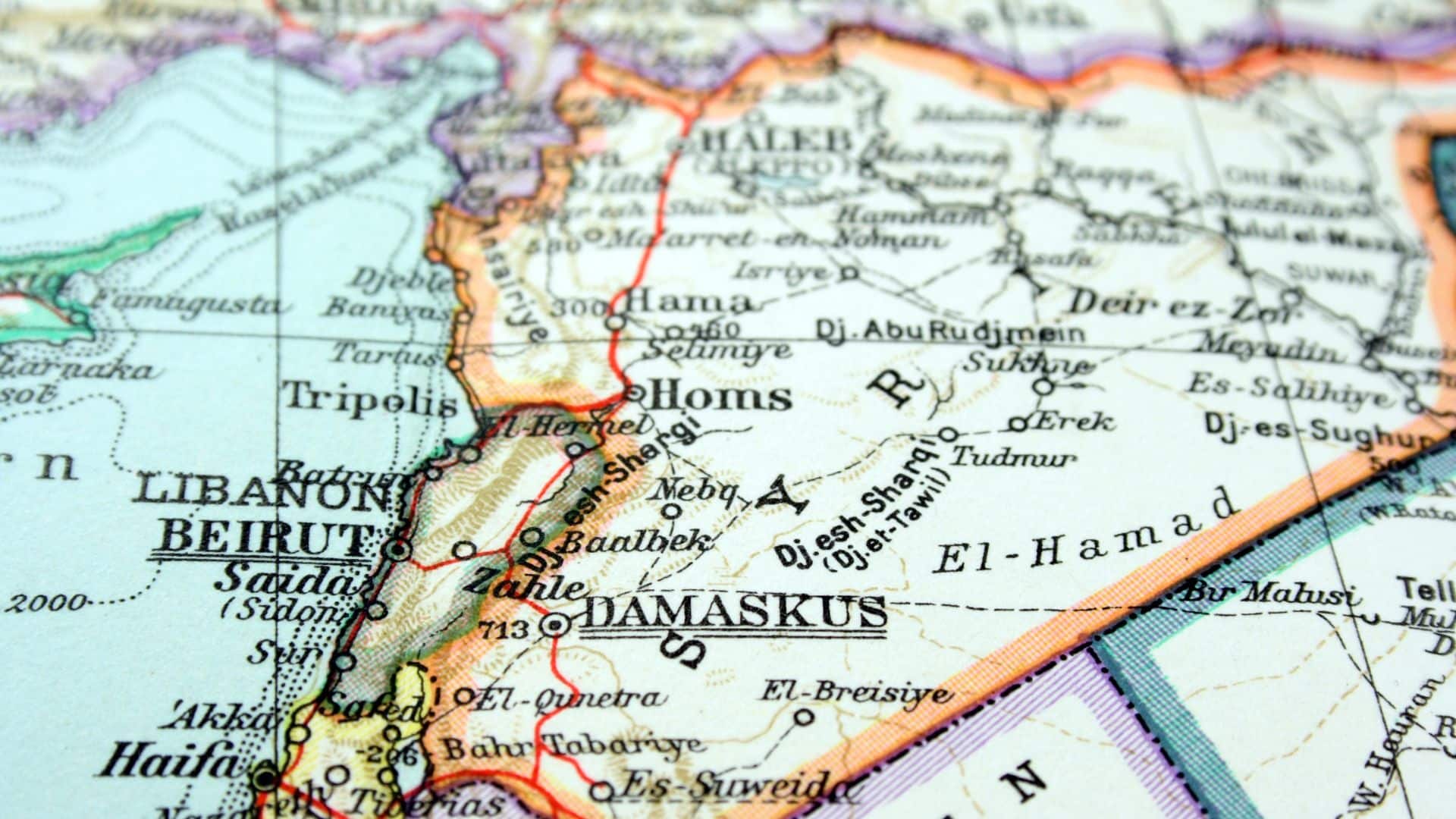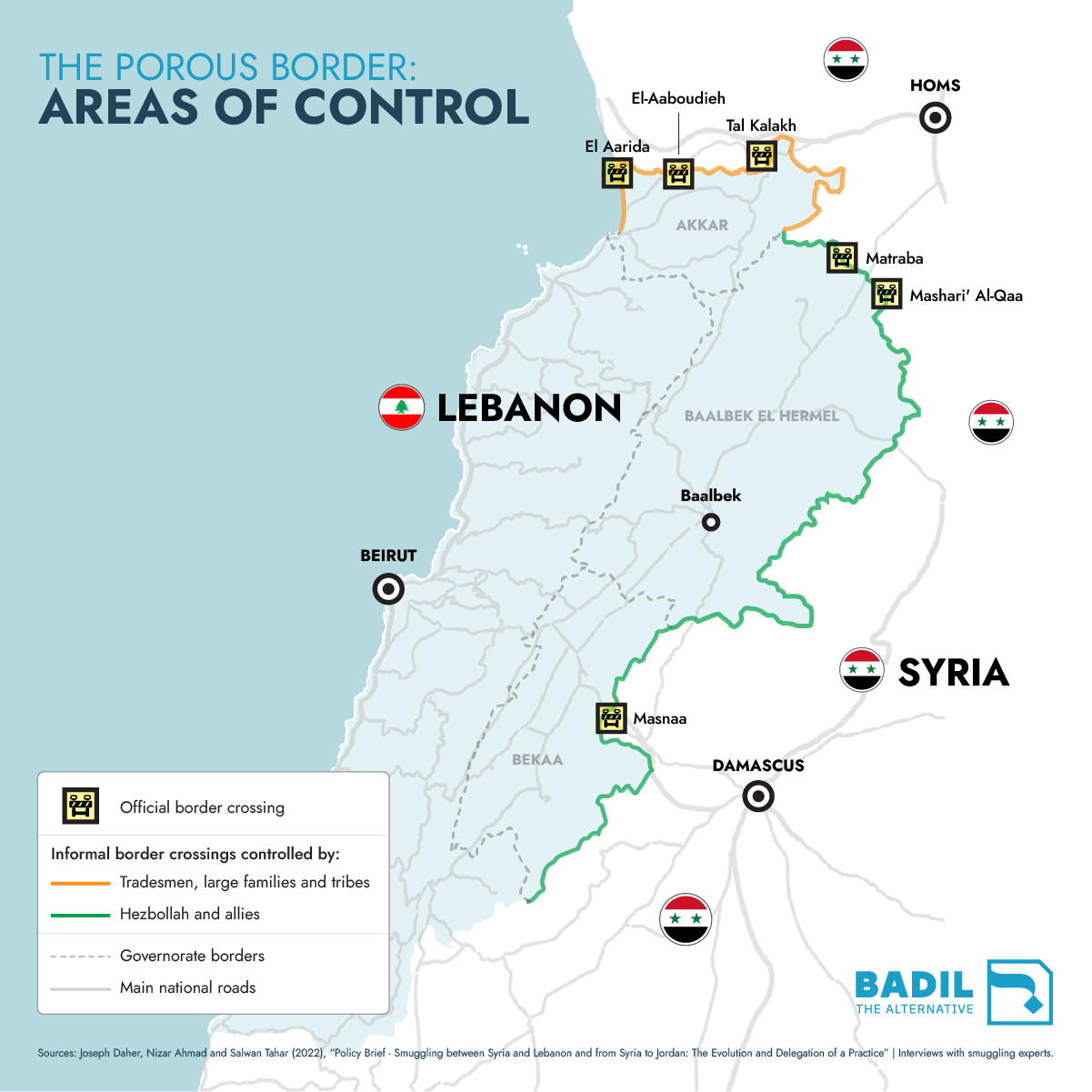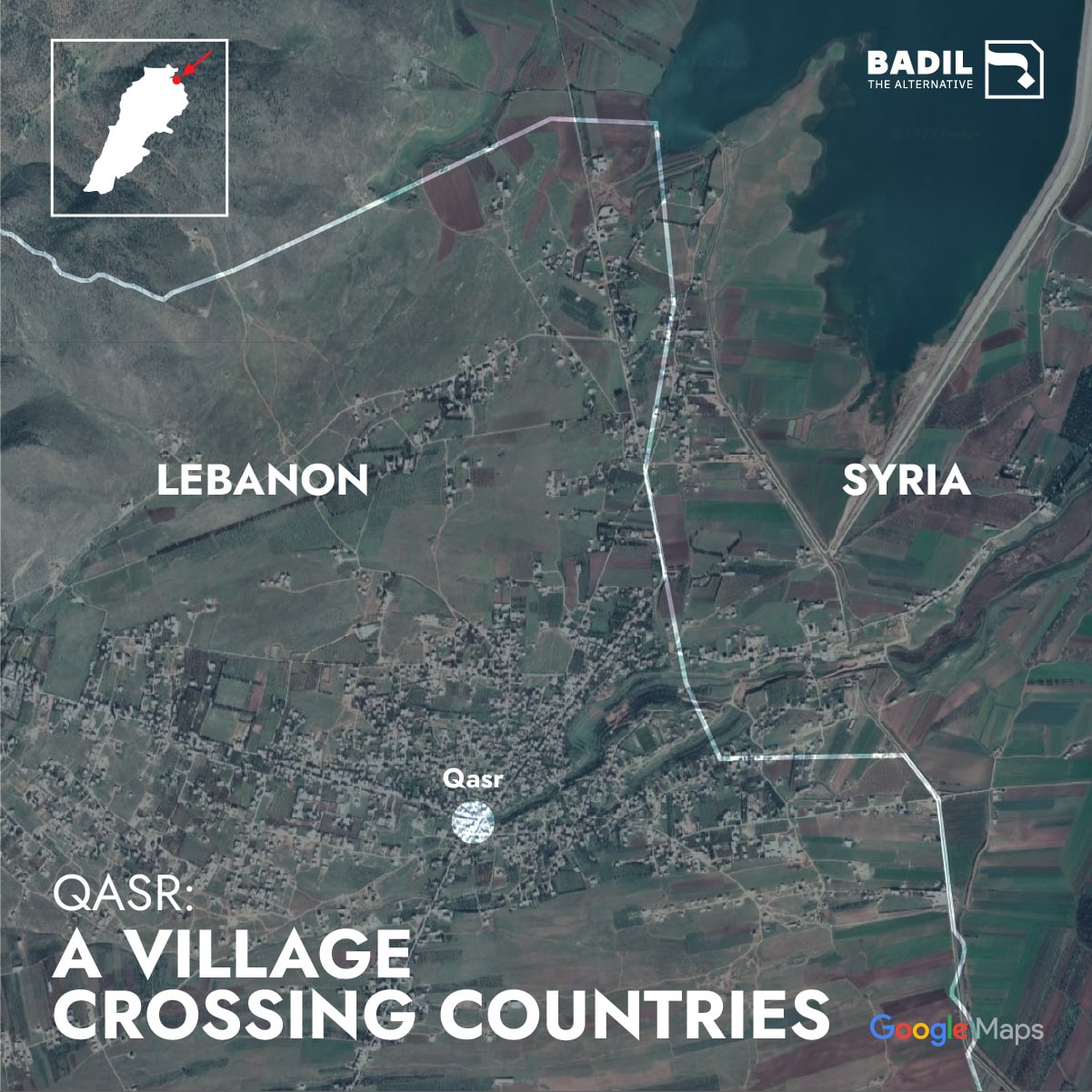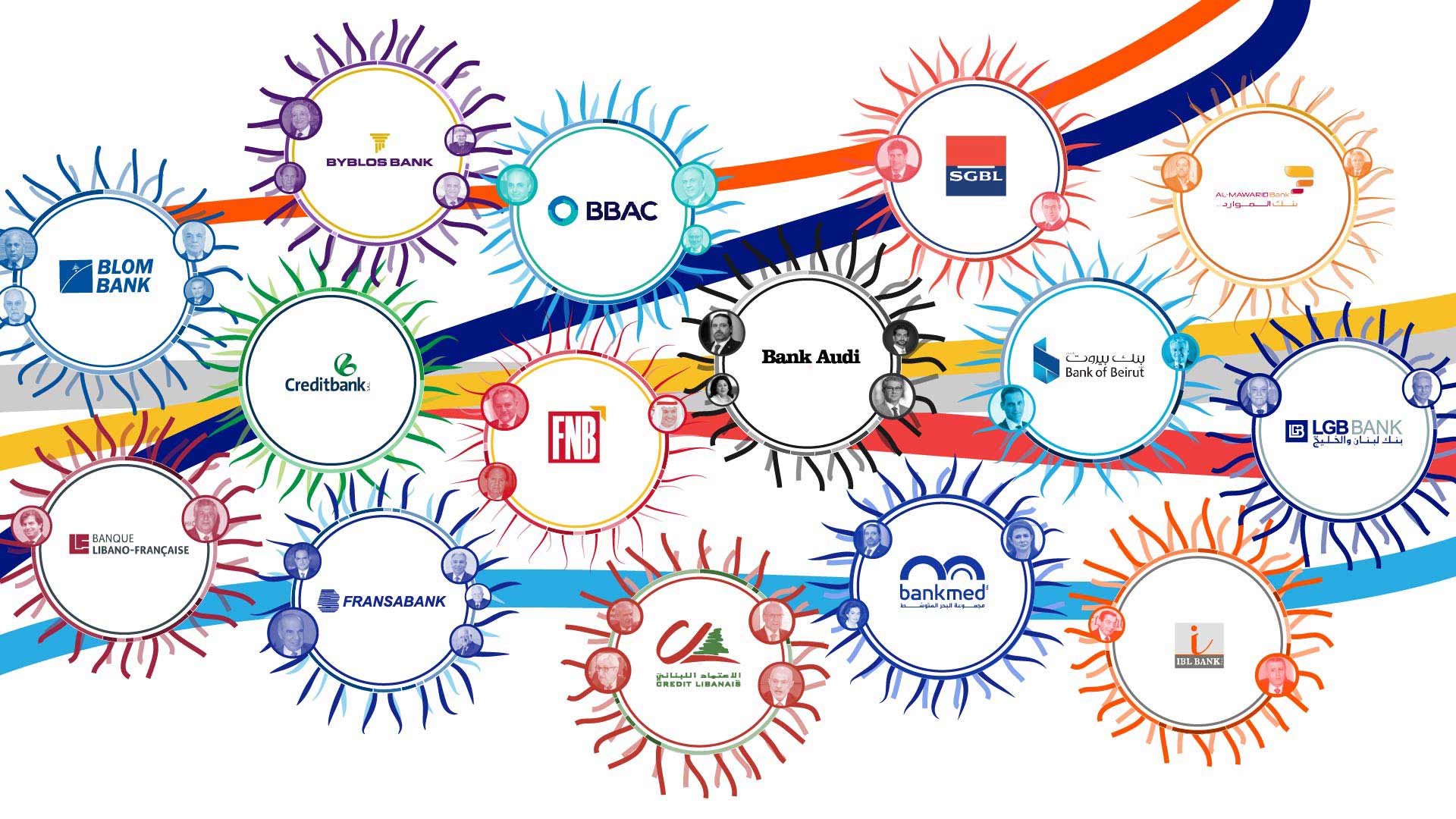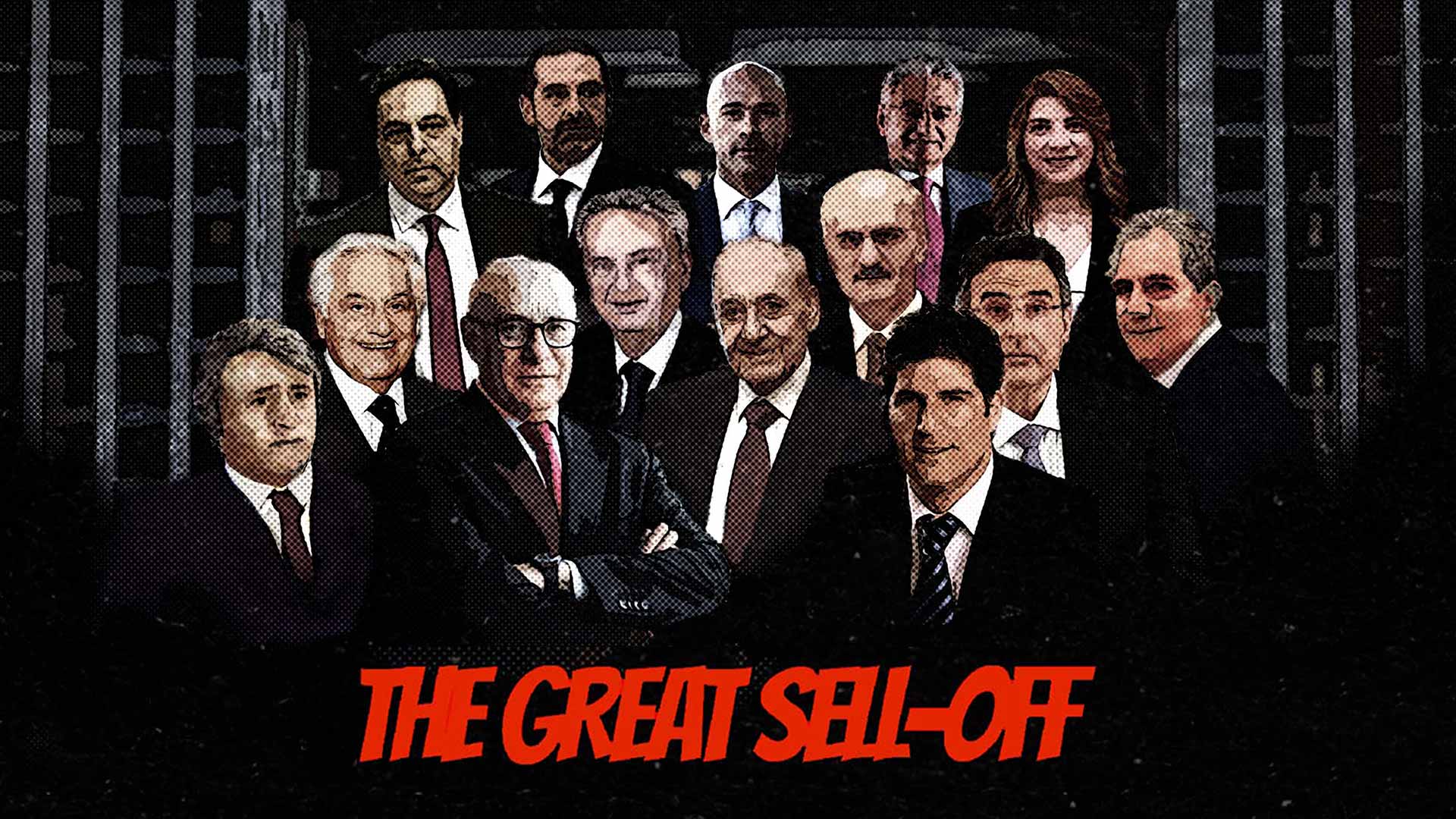Smuggling between Lebanon and Syria is as old as the border, though the business has experienced a renaissance in recent years. International sanctions on Syria following the 2011 uprising-turned-war and Lebanon’s economic collapse since 2019 have reinvigorated the clandestine trade between neighbours.
The increased trafficking of illicit drugs over the border has been central to the Syrian regime’s efforts to keep revenue coming in despite the sanctions. In Lebanon, subsidies intended to preserve public access to staple goods amid hyperinflation have instead been a boon to smugglers of fuel, medicines, food and other products.
All this has left consumers on either side of the border exposed to wild swings in the price and availability of everyday products. This dynamic was on full display last month after the Lebanese Ministry of Health stopped its baby formula subsidy, affecting families on both sides of the border.
Meanwhile, foreign embassies in Lebanon – particularly those of the United States, United Kingdom and the European Union – have been continuing their efforts to bolster Lebanese security forces’ ability to stop cross-border smuggling.
These ad hoc initiatives, however, lack cohesion and fail to recognize the realities on the ground: powerful players in both Lebanon and Syria reap large profits from the smuggling trade, while impoverished border communities increasingly depend on smuggling activities for income following decades of state neglect.
In this feature story, The Alternative looks at the winners, the losers, and the dynamics driving illicit cross-border trade between Lebanon and Syria.
Sanctions, Subsidies, and the Smuggling Renaissance
The border between Lebanon and Syria runs for almost 400 kilometres, with six official crossings at which travellers can expect to have customs officials inspect their documents.
Poorly delineated in many parts, however, vast areas of the frontier between the two countries, ranging from rugged mountains to open agricultural fields, are poorly patrolled, if at all. This has led to there being as many as 150 unofficial crossings points that are regularly used by smugglers to evade border controls.
“If you want to smuggle people or commodities, it’s quite easy and straightforward. This has long been the case, but following the Syrian uprising, it only got worse,” Karam Shaar, a non-resident fellow at the Middle East Institute, told The Alternative.
International sanctions and general economic collapse have left the Syrian government increasingly strapped for foreign currency since 2011. In response, it began ramping up the industrial production and distribution of captagon, an illicit amphetamine. In 2021, retail trade in the drug was estimated at US$5.7 billion and constituted the government’s largest source of foreign currency. Hezbollah and smuggling routes through Lebanon have played a major role in exporting Syrian captagon internationally.
Smuggling in legal goods has also flourished in the last decade.
“The direction of movement had always been a function of subsidy and the price of those commodities on both sides of the border,” noted Shaar.
For instance, the Lebanese government brought in a wide-ranging subsidy program, covering food, fuel, medicine and other goods, after the country entered economic collapse in 2019. Caretaker Finance Minister Ghazi Wazni estimated in early 2021, when the government began repealing the subsidies, that the program was draining the treasury of US$6 billion annually – caretaker Prime Minister Najib Mikati would later put the subsidy bill at US$10 billion per year.
The Lebanese subsidy program overlapped, however, with the period in which the Syrian government was repealing its fuel subsidies. The retail price differential this created between the two countries spurred mass smuggling from Lebanon to Syria, contributing to repeated fuel shortages in Lebanon. The Lebanese Syndicate of Petrol Station Owners estimated that more than a billion litres of fuel illegally crossed the border in one year. This would place the value of smuggled fuel well into the hundreds of millions of dollars. When Lebanon ended this subsidy, fuel smuggling dissipated in tandem.
Fuel is just one example of the subsidy fiasco. In total, Mikati estimated that hoarding and smuggling had led to almost three quarters of the products the government subsidised being withheld from the Lebanese consumer.
The increasing scale of cross-border smuggling in the past decade has also facilitated the rise of powerful smuggling interests.
“The main difference than prior to 2011 is that, now, you have two […] big actors which is Hezbollah on the Lebanese side, and the fourth brigade on the Syrian side,” said Joseph Daher, an affiliate professor at the European University Institute, in an interview with The Alternative.
According to a paper Daher co-authored, Hezbollah and its allies, through their strong presence in the Baalbek-Hermel region, directly control most of the illegal border crossings into Syria. This same research noted that in Lebanon’s northern Akkar region, the smuggling networks are run by an assortment of prominent families, tribes, traders and political leaders. In Syria, the army’s Fourth Division, headed by Maher al-Assad, brother to the Syrian president, is the dominant smuggling organisation and collects tolls from other smugglers, according to Daher. In collaboration with the Fourth Division, Hezbollah directly participates in smuggling, and uses the illegal crossings it controls to move fighters and weapons back and forth.
Hezbollah’s media department did not respond to The Alternative’s request for comment.
Sheikh Sadek Al-Naboulsi, a Lebanese political science professor and Hezbollah affiliate, defended the smuggling of goods from Lebanon to Syria in a 2021 France 24 interview, calling it an “integral part of the resistance.”
“Today, as a result of the American pressure and sanctions, the Lebanese and Syrians have no choice but to cross the border, to break some laws, in order to secure their basic needs,” he said.
In a separate France TV documentary this year, Hezbollah’s deputy secretary-general Sheikh Naïm Qassem denied Hezbollah’s involvement in any drug smuggling operations.
“We consider drugs as haram [sinful]. According to our religion, it is forbidden to buy, sell and trade it. How could we traffic drugs when it is forbidden? It’s not true.”
